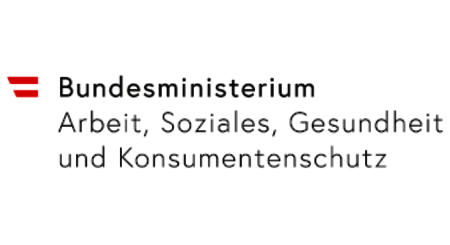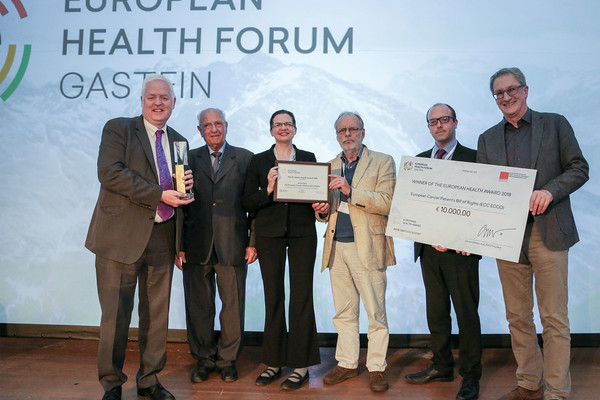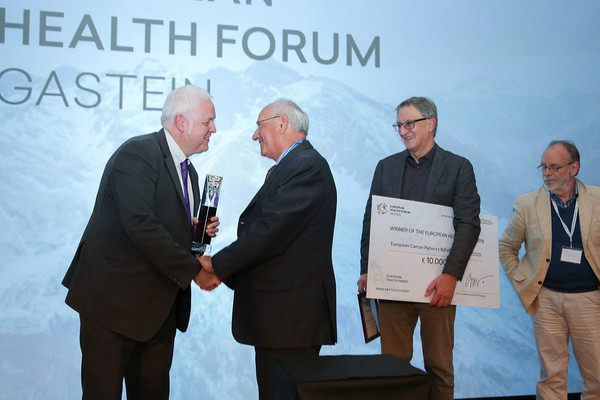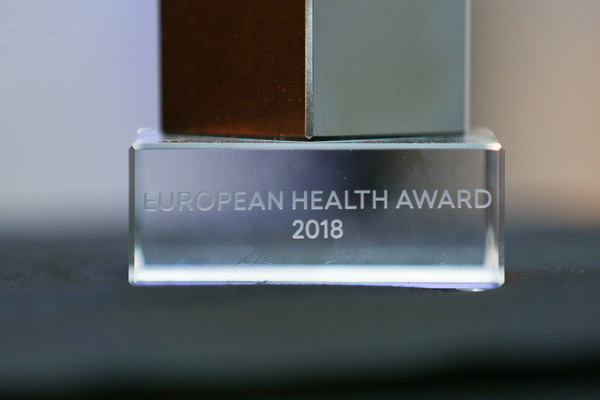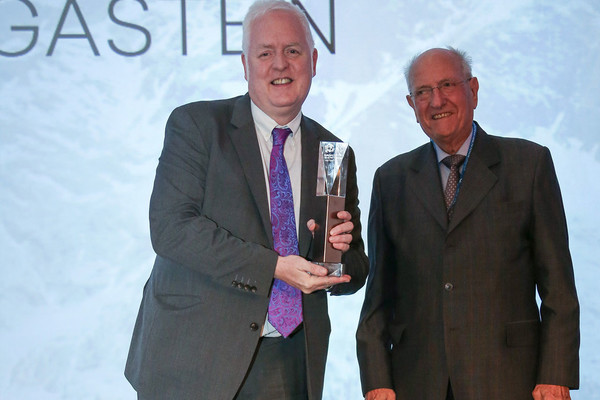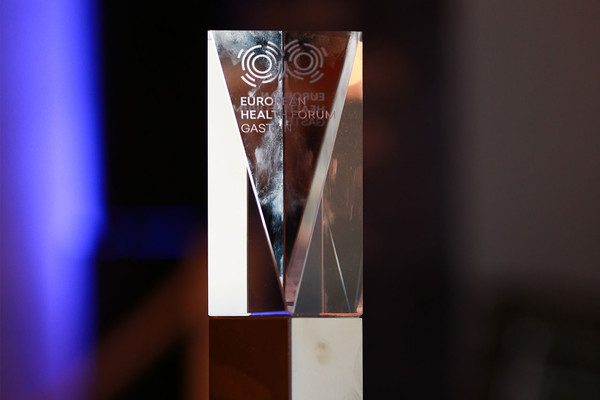EHA ARCHIVE [2018]
European Health Award 2018
Winner & shortlisted projects
3 October 2018, Bad Hofgastein, Austria
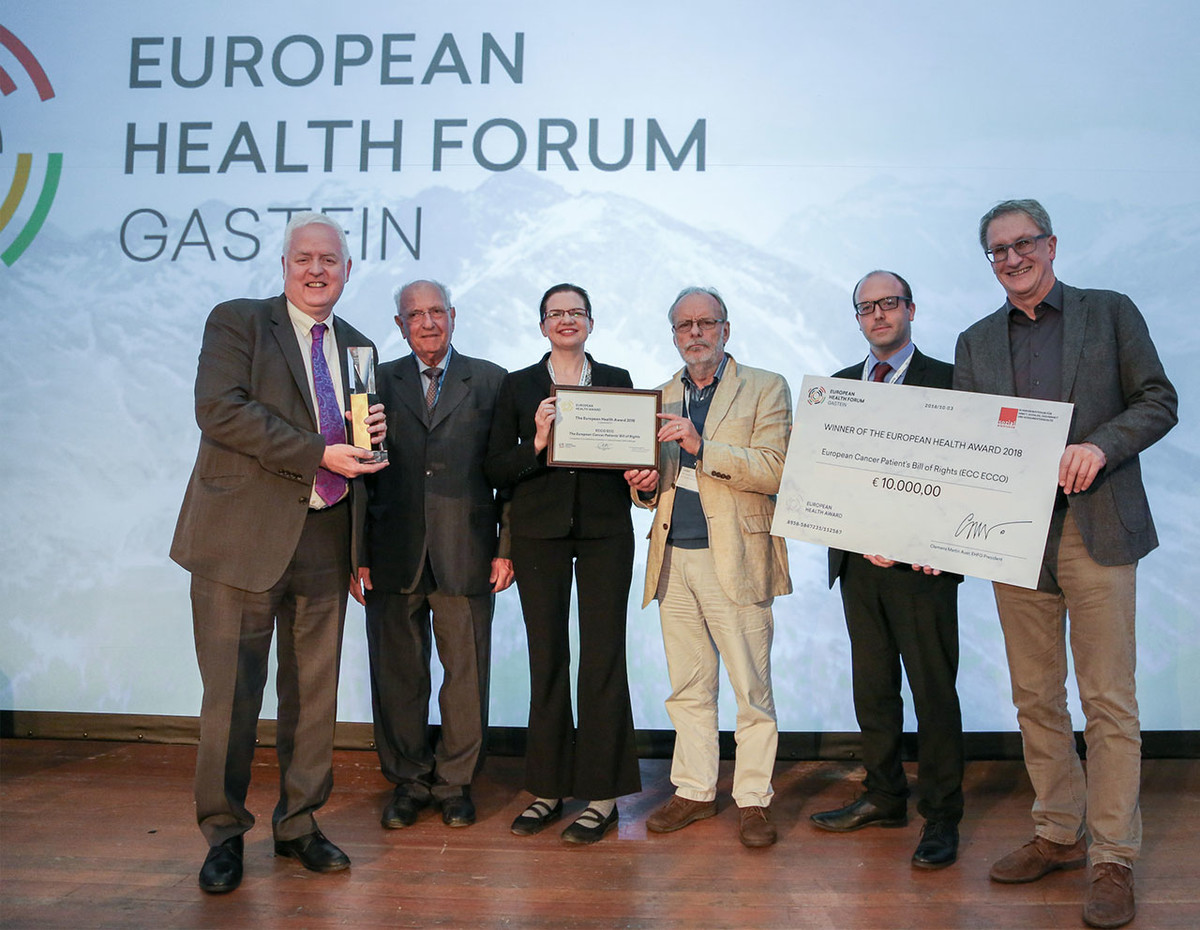
We would like to congratulate the winning project:The European Cancer Patient’s Bill of Rights: A catalyst for change and an empowerment tool for cancer patients across Europe
The European Cancer Patient's Bill of Rights (BoR) was developed to address cancer inequalities across Europe. Launched in the European Parliament, the BoR has been a catalyst for change, underpinning an equal partnership between cancer patients and healthcare professionals to deliver improved outcomes for European citizens.
Shortlisted projects 2018
Project 1: Marie Curie Legacy Campaign
The ESTRO Cancer Foundation (ECF) wants to tackle the barriers to the optimal provision of
radiotherapy (RT). On the 7th of November 2017, ECF launched the Marie Curie Legacy Campaign
to commemorate the 150th birth of Marie Curie – the Mother of Radiotherapy - with the intention
to reach out to the lay public with the message: RT can cure cancer, so to raise awareness of
the benefits of RT in cancer treatment. Leveraging this milestone, an educational video about
her legacy to RT and how RT has been curing cancer for 150 years was introduced to the public
on different digital platforms, along with a traditional media campaign in selected European
countries. The campaign aims to:
• create knowledge about RT and raise awareness
• create a community of RT ambassadors
• empower patients to take informed decisions
• create a critical mass towards decision makers to ensure a favorable policy environment for RT
Project 2: Moodbuster
MoodBuster' is an innovative data-driven ICT platform for the prevention and treatment of depression, combining mobile and Internet technologies for both patients and health providers as well as for research and educational purposes. It has been developed, evaluated and implemented within the framework of 5 large-scale EU projects with the aim to increase access to low cost prevention and treatment for depression MoodBuster has been developed, evaluated and implemented in the Netherlands, United Kingdom, Germany, Poland, France, Portugal and Belgium in routine mental health care settings within the context of 5 EU and 4 national projects
Project 3: Survivorship Passport
The Survivorship Passport originating from an Austrian Survivor’s suggestion is an innovative tool preventing & delaying severe chronic conditions faced by Childhood Cancer Survivors (CCS) through organisation of Long Term Follow Up Care & Research in a consistent and cost-effective way thus decreasing socio-economic & psychosocial burdens of CCS. It was developed within the scope of the EU funded projects ENCCA, PanCareSurf UP and Expo-r-net in a collaborative way within the Paediatric Oncology Community. The SurPass provides a detailed summary of each CCS clinical history, together with personalised follow-up and screening recommendations based on guidelines of the International Guidelines Harmonization Group and PanCareSurFup
Project 4: The European Cancer Patient’s Bill of Rights: A catalyst for change and an empowerment tool for cancer patients across Europe
The European Cancer Patient's Bill of Rights (BoR) was developed to address cancer inequalities
across Europe. Launched in the European Parliament, the BoR has been a catalyst for change,
underpinning an equal partnership between cancer patients and healthcare professionals to
deliver improved outcomes for European citizens. Three citizen-centred principles underpin
the BoR:
1. The right of every European citizen to receive the most accurate information and to be
proactively involved in his/her care.
2. The right of every European citizen to optimal and timely access to a diagnosis and to
appropriate specialised care, underpinned by research and innovation.
3. The right of every European citizen to receive care in health systems that ensure the best
possible cancer prevention, the earliest possible diagnosis of their cancer, improved
outcomes, patient rehabilitation, best quality of life and affordable health care.
Project 5: Frühe Hilfen – Early Childhood Interventions Programme
Frühe Hilfen are a comprehensive model for early childhood interventions. They aim to support families under strain during pregnancy and during the first years of children’s lives, to promote healthy early childhood development as well as long-term social and health opportunities. Initiatives to invest in early child development exist in many German speaking countries/regions. There is a close exchange of knowledge and experience between the countries with Austria and Germany most advanced in implementation. The key element of the Austrian evidencebased model are regional networks that proactively reach out to families in need and help them to access a whole range of relevant services.
Press releases & supporting materials
Sponsors 2018
The Award includes prize money of 10.000 EUR and is sponsored by the Austrian Federal Ministry of Labour, Social Affairs, Health and Consumer Protection.
